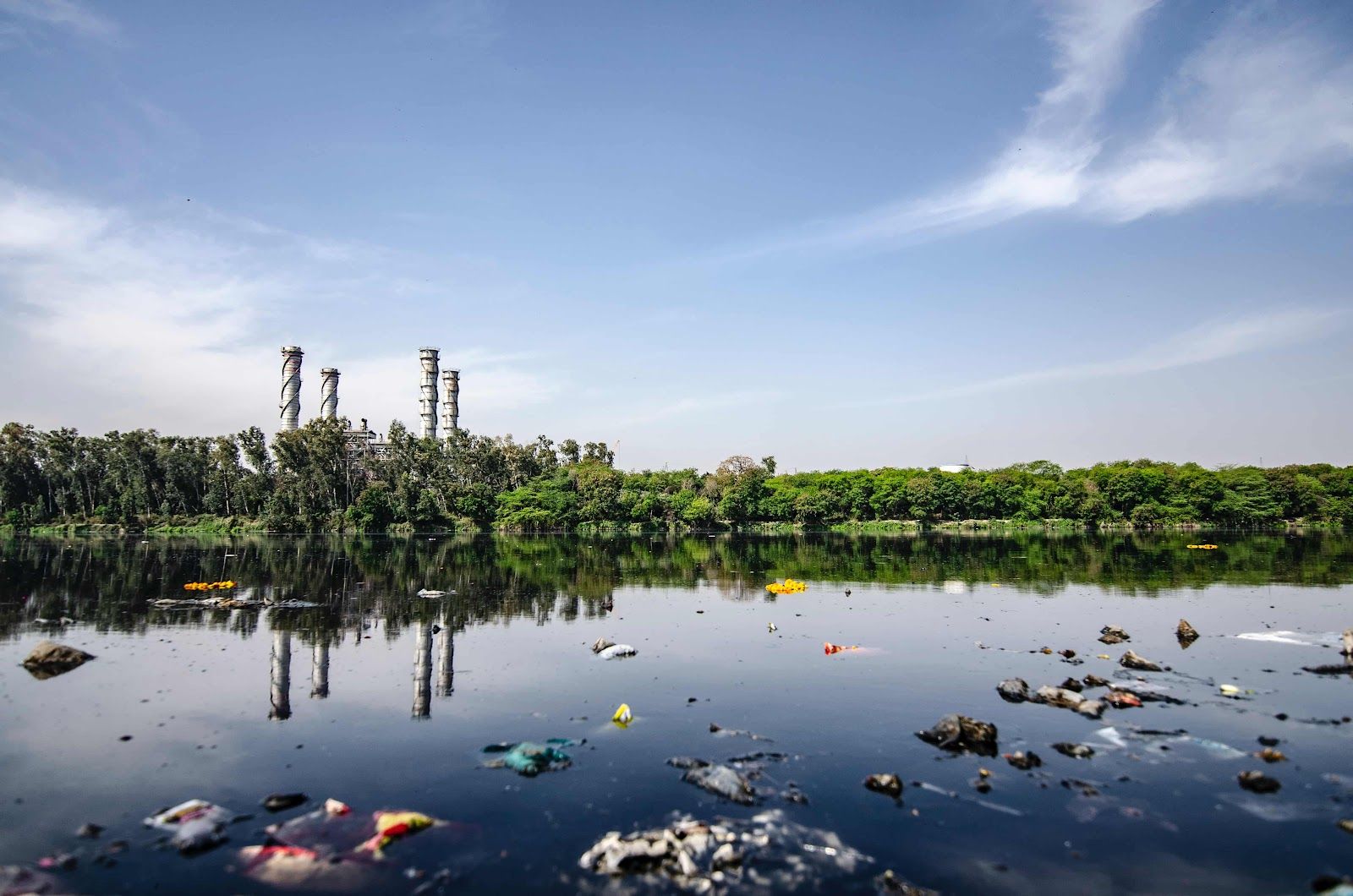As the times have passed, our methods of self-care have become more and more advanced. Now we have better mental healthcare facilities and such diverse products for skin and hair. Gone are the days of using ten different things for ten different effects. These days, a single product is made up of a dozen ingredients which can give a variety of benefits, saving both cost and time.
However, this also means that there is an increase in risk. As times have changed, we have drifted away from the ways of nature to seek more and more chemical alternatives. While these can be faster and more useful in many cases, they also increase the chances of side-effects.
The way chemicals react with your skin is much more uncertain when compared to their natural counterparts. Chemicals can often end up doing more harm than good, especially if you are not aware of their effects.
One such category of chemical preservatives that have been used in beauty products since the 1920s are parabens. Parabens are often used to increase the shelf-life of beauty products such as soaps, shampoos, conditioners, and skincare products. But they are also known to cause a variety of negative effects that may not be worth their benefit.
Today, we are going to tell you about what are parabens and why you should avoid products which have them.
What are Parabens?
So, what are parabens and what is the big deal about them? Well, parabens are synthetic chemicals which serve the purpose of preservatives in various products such as cosmetics and food. They help the products stay in optimum condition for a long time and help prevent the growth of harmful bacteria and mold.
Parabens are esters derived from a chemical that is known as para-hydroxybenzoic acid (PHBA). PHBA occurs naturally in many vegetables and fruits such as carrots and blueberries, even being produced in the human due to the breakdown of certain amino acids at times.
However, research is scarce regarding the occurrence of exact parabens in nature. Either way, the parabens found in beauty products are produced synthetically.
When used in beauty products, parabens are usually in the form of propylparaben, butylparaben, methylparaben, etc. They are used popularly because they help in giving long-lasting products at a much lesser cost.
This means that we are constantly exposed to parabens through cosmetics as well as other products. This leads to a buildup in their concentration in our bloodstream which can have negative effects on our body. Not only this, but parabens are also found to be harmful to the environment.
How are Parabens Harmful?
When in the human body, parabens tend to mimic the behavior of the hormone estrogen, thereby interfering in the overall hormone balance of the body. These parabens can cause a disruption in the way your body regulates hormones, which means that they could also have a negative influence on reproductive activities such as menstruation and pregnancy.
 Parabens a beauty products
Parabens a beauty productsOther than this, research also suggests that parabens can be easily absorbed through the skin, leading to an accumulation when used daily. Though there is no definite information on this, parabens are also thought to possibly play a part in the growth of breast cancer cells in women.
Parabens can also have an allergic reaction on certain people, such as irritation, itchy and flaky skin, redness, etc.
The Food and Drug Administration (FDA) doesn’t have any special restrictions regarding parabens, because, under the FD&C Act other than color additives, cosmetic ingredients and products do not need the FDA’s approval before selling.
Effect of Parabens on Environment
Parabens have also been linked to causing ecological harm. Low levels of parabens such as butylparaben can kill corals. Parabens have also been detected on the surface of the water and inside the bodies of marine creatures such as fish.
 Effects of Parabens
Effects of ParabensThis is likely due to the dumping of chemical waste in water bodies, which causes both pollution and harm to the marine life cycle. Thus, parabens disrupt the environment and can lead to negative effects that date beyond their usefulness.
Paraben-Free Beauty Products
Though a lot of cosmetics have parabens, there are certain companies that have started making paraben-free beauty products.
Some of these are:
- Afterglow Cosmetics, Mineralogie, Real Purity, etc. for makeup brands.
- Real Purity hair care products, Trader Joe’s shampoos, and conditioners, Shea Moisture shampoos and conditioners, etc. for hair care brands
- Naturopathic, Burt’s Bees, Naturopathica, etc. for skin-care brands.
Other than these products, you can also go for natural remedies for skin and healthcare such as essential oils, certain home-made face masks, etc. Improving your diet and making lifestyle changes can also make a huge difference in the quality of your skin and hair. Even while using paraben-free beauty products, it is important to accompany them with making healthy choices daily.
Following a Safe Beauty Routine
It is important to always be aware of the ingredients present in the products you use. Make sure to always read the back label carefully. When it comes to parabens, you will find names such as methylparaben, propylparaben, butylparaben, etc.
 Free from parabens
Free from parabensThe term “parahydroxybenzoate” is also a synonymous term for parabens. Thus, if you are trying to search for paraben-free beauty products, if you do not find a label that says “free from parabens” or “0% parabens”, you can look out for these names.
Remember to never pick a beauty product carelessly, no matter how many good things you may have heard about it. Also, when trying any new cosmetic, always remember to do a patch test to see how it suits your body. Even if a certain product suits other people’s skin, it may still have adverse effects on you.
Ultimately, safety always comes before anything else. Always choose products which make you feel comfortable and beautiful. It is okay if certain popular items do not work out for you. After all, each body is special in its way and respecting its particular needs is the first step of any self-care routine.

